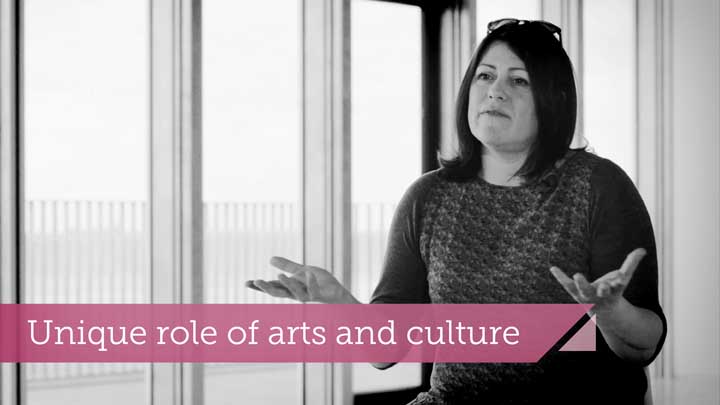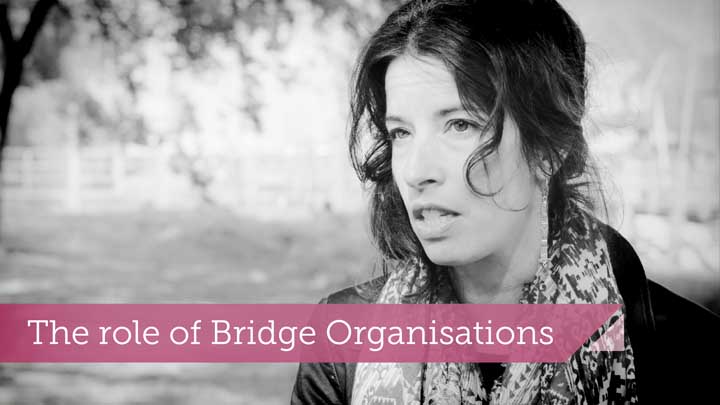Commissioning is potentially a huge opportunity but can be daunting if you are new to it, so be clear that you are serious about delivering the outcomes required and not just chasing the funding.
At the same time be strong in sticking to your artistic vision and maintaining the quality of your work, as this is what makes you unique. As an arts and cultural organisation what you uniquely offer is likely to be the reason you are able to deliver wider outcomes creatively and innovatively.
Commissioning is demanding and business like

Being commissioned is a different way of working; it's demanding and business-like and involves specific processes for which you will need to plan carefully. Commissioners will be considering both 'supply' (what provision is available?) and 'demand' (what is the local need?). They will base commissions on rigorous provision gap analyses so that they take account of future and current demand, best practice and strategic priorities. Anyone applying for a commission will need to demonstrate local knowledge and their track record to show what they can do.
As with any bid for funding, the outcome is uncertain, and can mean a big resource investment for you and your teams with no guarantee of success. Good practice should mean that there are ‘market engagement events’ to discuss the specification, but once you have begun the bidding process there tends to be less discussion with people working in procurement than might be had with other funders. With the landscape continually shifting, processes and priorities of the local commissioners might change so it is important to keep up to date through the media and local communications.
Strategic leaders, such as local authority staff, Bridge organisations and cultural partnership groups need to recognise both the opportunities and challenges involved in commissioning and the processes involved. They need to decide what support they can offer the arts and cultural sector based on the resources they have and what is most useful. Arts and cultural organisations that are looking to become providers should look out for updates and events that enable you to receive support and have your voices heard.
Getting involved

If you think you’re ready to take the plunge, start by making sure you are in all the communication loops, and learn the language. You can read a glossary of key terms here. Most local authorities will have portal websites for you to register with to find out the latest news about commissions that are out for tender.
There is national guidance on commissioning processes, but there will be local differences too. There is likely to be a local commissioning strategy or prospectus that you can access. Particular areas you might want to find out more about are Adult Social Care, Public Health, Housing and Children’s and Young People’s Services. Note that there are some new structures, (particularly in health) and you will benefit from finding out about Clinical Commissioning Groups, Foundation Trusts and Community Healthcare Trusts. These groups should be developing consistent approaches to planning, designing and evaluating services.
Learning who is who is important. From the outside the public sector might all look the same, but the roles and ways of working within procurement and commissioning are very different. As providers in the arts and cultural sector, your work will be unknown to those working in procurement and commissioning so making the case for your work in these environments will be a challenge.
Whilst you are getting to grips with commissioning processes and understanding who is who the commissioners will be designing the service. The service leaders will have had to make the business case and then procurement teams will be designing an options based appraisal system for assessing applications. In some cases there will be the opportunity for you to influence the service design through getting involved with market engagement events. You should look out for these opportunities on the portals.



